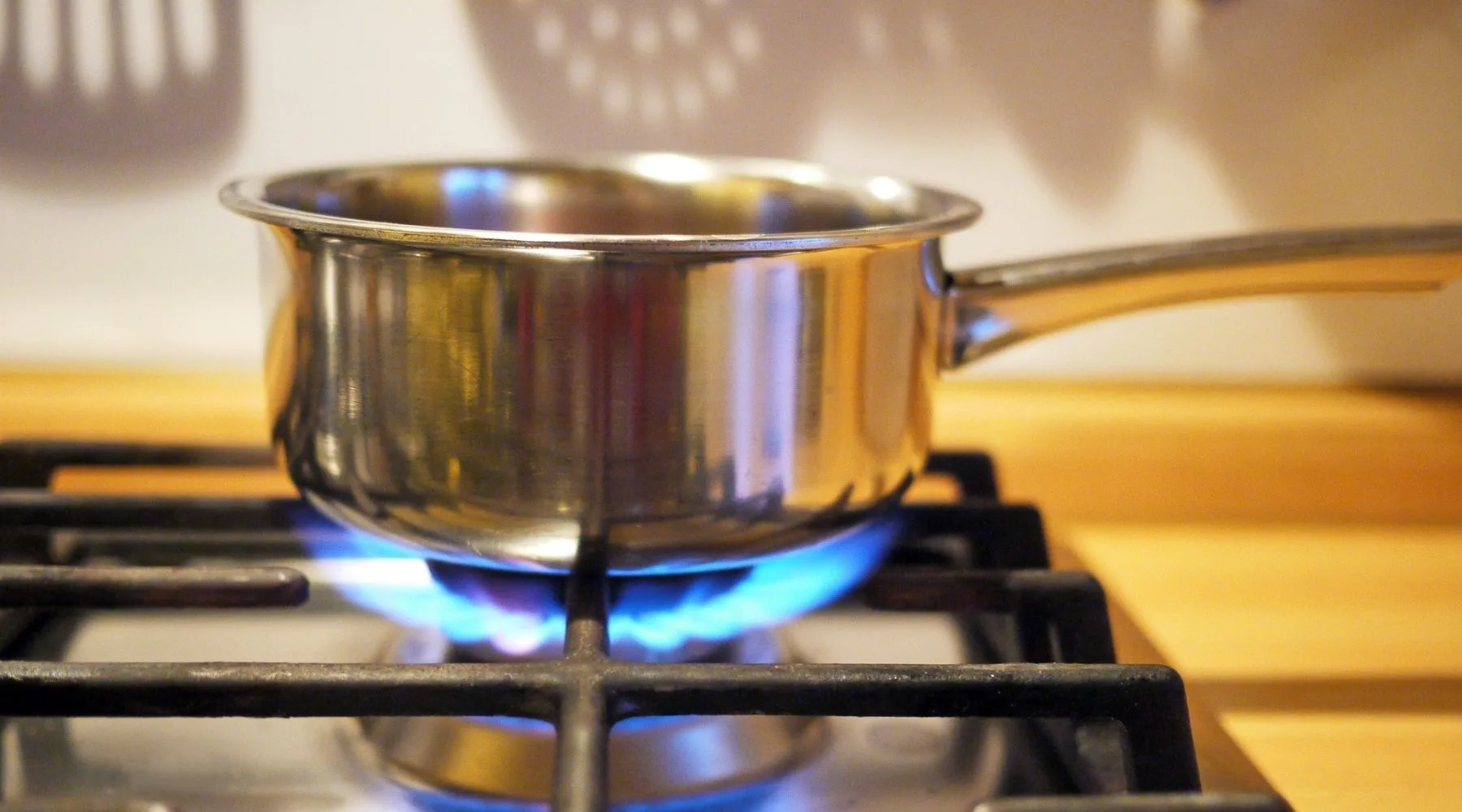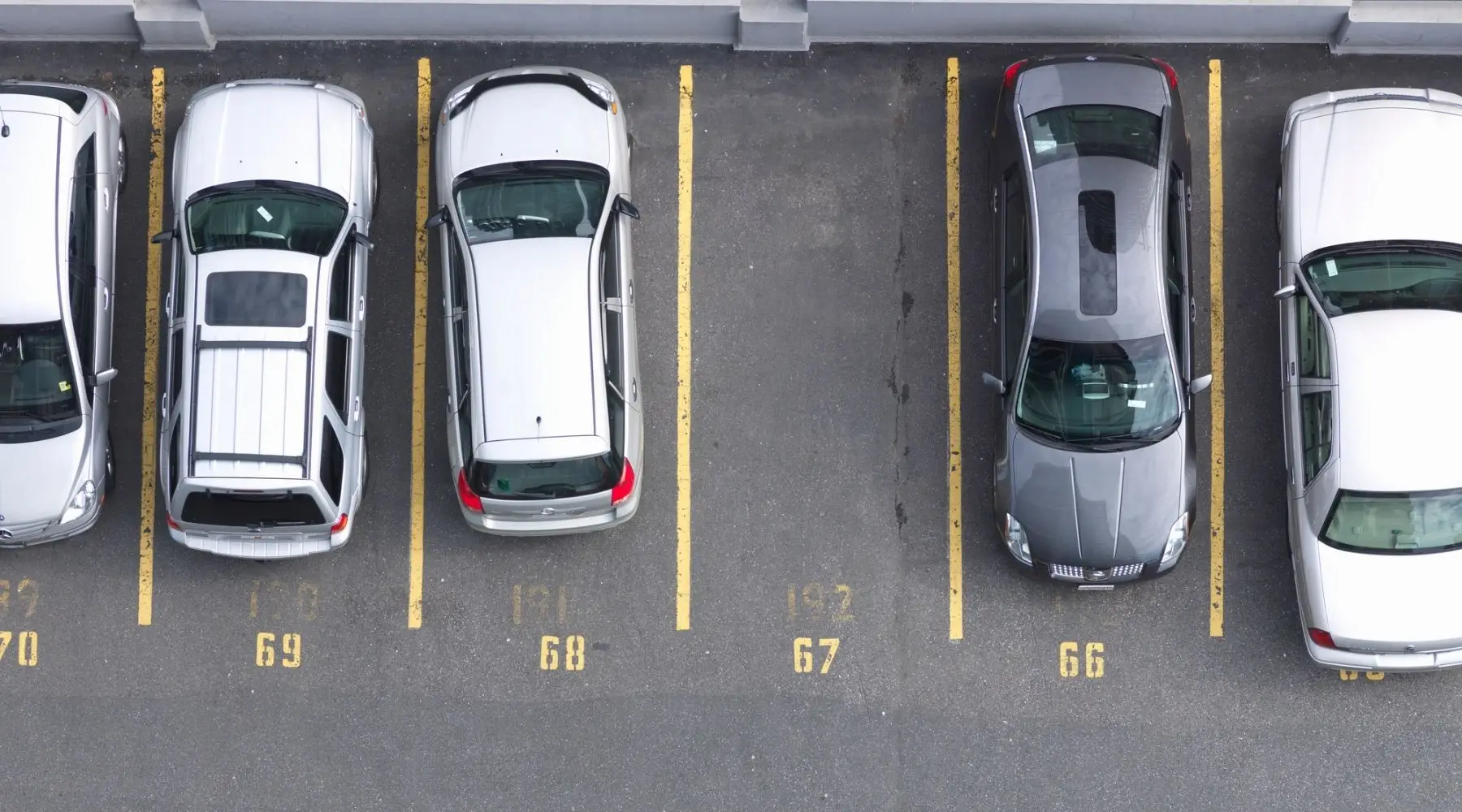Start these 10 money habits and you could (potentially) save enough to cover your rent

Even little adjustments can lead to big savings. Here are just a few things you can do to put more money back in your pocket.
 Sponsored by Gomo Mobile's online offer: New customers get $25 or $35 SIMs for half price for their first month's subscription. Plus: get double data for the first 3 months. Standard data inclusions apply thereafter. That's $12.50 for 36GB and $17.50 for 60GB for your first month! Offers end 31/5/21. T&Cs apply. Learn more.
Sponsored by Gomo Mobile's online offer: New customers get $25 or $35 SIMs for half price for their first month's subscription. Plus: get double data for the first 3 months. Standard data inclusions apply thereafter. That's $12.50 for 36GB and $17.50 for 60GB for your first month! Offers end 31/5/21. T&Cs apply. Learn more. For many people, rent is the biggest (not to mention most stressful) bill that they're faced with on a regular basis. In fact, in a Finder survey of over 2,000 people, half pointed to their rent or mortgage as the most anxiety-inducing bill.
Of course, giving up the roof over our heads isn't a viable option for most of us. But there are other things we can cut back on, wave goodbye to, or even just change a little, which could potentially cover the cost of rent. Here are some of our favourites:
Change your phone plan
We're not suggesting you give up your phone plan altogether, but if you're not using every last bit (get it?), then it might be worth switching to something more affordable.
For example, low-cost brand Gomo currently has offers for new customers. Until the end of May, a $25 subscription will score you 36GB for the first three months, then 18GB after that. Plus, you can get the first month half price when you buy the SIM online. It also lets you roll over up to 200GB of data.
A Finder survey of over 800 Australians found that the average cost of a phone plan is $56 for 40GB per month. If you can cut down on data, that's a potential saving of $31 a month or $372 a year if you switch to Gomo.
Compare your utility providers
Finder research shows a typical central Sydney resident could pay anywhere from $270 to $360 a quarter for electricity, depending on the provider.
For gas, a two-person household in the same area can expect to pay as little as $156 per quarter, to as much as $245 a quarter. Over the course of a year, that's a potential difference of $736 for gas and electricity combined.

Share streaming services
If you've got your own personal streaming accounts, consider joining forces with friends or family to create a shared account and split the cost.
For example, Disney+ costs $11.99 a month but you can view four screens at a time. Split it with three housemates and you'll save almost $9 a month, or $108 a year.
Similarly, Netflix is $10.99 a month for a single, or $19.99 a month for four screens. Split the four-person pack and you could save $71 a year.
Remember, you can sometimes pause your account so if you find you're not using a particular platform, put it on hold!

Give up (or cut down on) alcohol
Another controversial one for many people, but personal finance expert Billie Christofi says giving up alcohol can be a massive money-saver.
"One of the biggest trends that is taking off is the focus on not drinking alcohol. This is having a huge impact on people's health and their savings," she told Finder.
"Cutting down on a glass of wine after work or the after-work drinks on a Friday night can save you hundreds of dollars each month. It is a trend that is becoming more widespread and people are focusing on how much more productive and better they feel because of it."
Assuming you have just five glasses of wine a week, at $12 a glass, that's $60 a week or $720 a year.

Consolidate your credit card debt
If you have credit card debt over multiple cards, you could be paying more fees and interest than you need to. Consider consolidating your debt onto one low annual fee credit card with an interest-free balance transfer period.
For example, imagine you had $5,000 debt on two credit cards, each with a $99 annual fee and a 19.94% p.a. interest rate. If you transferred that debt over to a credit card with a $0 annual fee and 0% p.a. on balance transfers for 12 months, you could potentially save $924 in interest and $198 in account fees.

Compare your car insurance
Aussies frequently pay over the odds for car insurance because they don't want the hassle of switching, but comparing providers could save you big dollars.
In fact, Finder researchers requested comprehensive car insurance quotes from 43 different insurance brands across 8 different driver profiles. Shockingly, we found an average price difference of $2,252 a year.

Resist lifestyle creep
Lifestyle creep is when you inadvertently increase your spending as your income also increases. According to the most recent Australian Bureau of Statistics data, the average wage is $1,711.60 a week or $89,003 a year - a 3.2% increase on the year before.
So if you'd banked that extra 3.2% instead of succumbing to lifestyle creep, you'd have saved an extra $2,848.

Give up barista coffee
Okay, we know you've heard this one before, but ditching your daily coffee is a huge money saviour if you can get used to making your own cuppa.
Gerry Incollingo is the MD of accounting firm LCI Partners - he told Finder that this is a very common expense that often goes overlooked.
"Let's say you order a cappuccino every morning on the way to work. It's only $5.50, but if you were to forgo your morning coffee, in 12 months you would have saved approximately $1,430."

Rent out your car spot or storage cage
If you live in a metropolitan area, you could earn big money by renting out your car space. According to car space rental firm Parkhound, spaces in Sydney typically go for anywhere from $250 a month to more than $1,000 a month.
Even using the very lower end of the spectrum, if you rented out your space for $250 a month, that's an income of $3,000 a year.

Start a side hustle
In 2020, a Finder survey of over 900 Australian side hustlers found that the average additional income was $418 a month or $5,016 a year. You don't even need a particularly high-level skill to earn decent money. Many people reported earning money from simple tasks such as Uber driving, dog walking, and even recycling.

Would these savings cover your rent?
According to data from Flatmates.com, a private room in a Sydney share house comes with an average price tag of $289 a week or $15,028 a year. That price drops to $11,232 a year for Melbourne and $10,036 a year for Brisbane.
If you were able to put all of these suggested habits into practice, you'd have an extra $16,255 in your pocket. So potentially enough to cover rent and then some! We know that's probably not going to be possible for most people, but we bet there are at least a few of these tips that you can try. Some savings are better than no savings, right?
Images: Getty Images

